In the past ten years, there has not been such large-scale research on the Roma as was conducted this past spring in Hungary, Transylvania in Romania, and Upper Hungary in Slovakia, led by the Hungarian Charity Service of the Order of Malta. The Human Resources Grant Management Office commissioned the Hungarian Kutatópont Kft market research company which examined the identity, social, and labor market situation among 4500 Roma people living in Hungarian-inhabited areas. The results were published on Wednesday at a conference held at the Szeged Cathedral Visitor Center, wrote the Szeged-based newspaper.
Chief Patron Bence Rétvári, Parliamentary Secretary of State of the Ministry of Human Resources, recalled that before 2010, the Roma issue was only a human rights issue: while some legal disputes were settled between Gypsies and Hungarians, the Roma did not receive any actual, material aid.
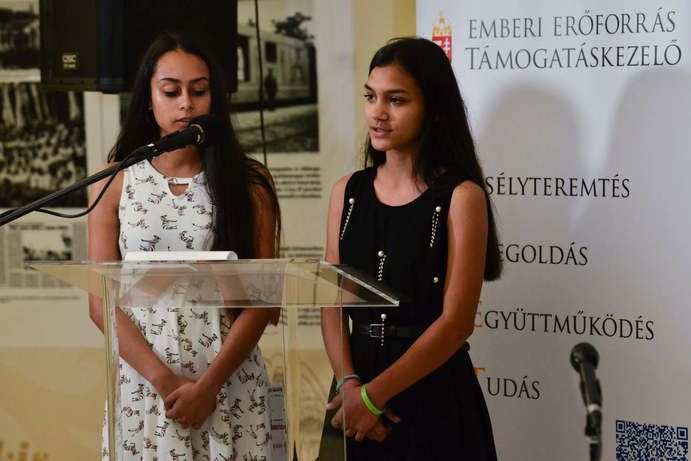
“The essence of the current policy is to provide support: for instance, we provide scholarships for various educational degrees. And we do not deal with their problems from offices but rather in person, among the Roma, because this is how we can understand what they need,” he added. Zsolt Monszpart, Chief Director of the Grant Management Office, emphasized: the government has never spent this much money to reduce the Roma disparities.
Csaba Böjte, the Hungarian Franciscan monk and founder the St Francis Foundation of Deva, Romania, was also in attendance and, as he put it, brought two children instead of flowers.
Annamária Albert recited a poem and then, together with Denisa Michi, sang the Hungarian Roma anthem. The foundation has been home to the girls since a very young age; they are also part of the twenty percent of residents who are of Roma descent.
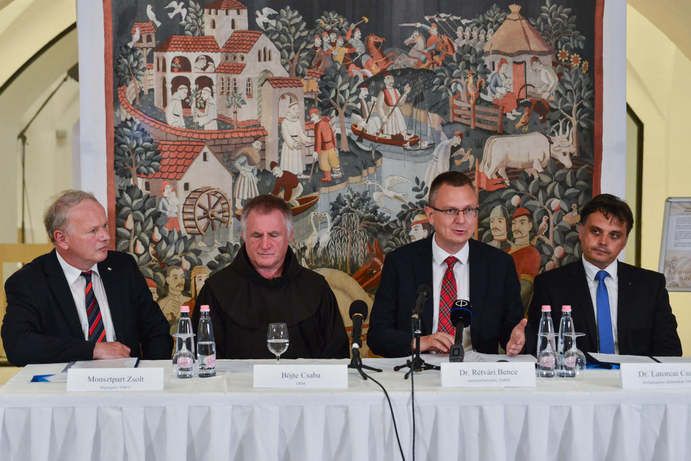
“We celebrate Treaty Day every June 4, which means more to us than just Trianon. Because we are all people of the New Testament and that unites us regardless of skin color” said Father Böjte.
Csaba Latorcai, State Secretary at the Ministry of Human Resources, said that the three-year project, which was implemented with a grant of HUF 912 million, lent a hand to the underprivileged Roma living in the Hungarian-inhabited areas of the Carpathian Basin.
“The aim is not just providing aid, but rather enabling them to graduate and get a job”
he said.

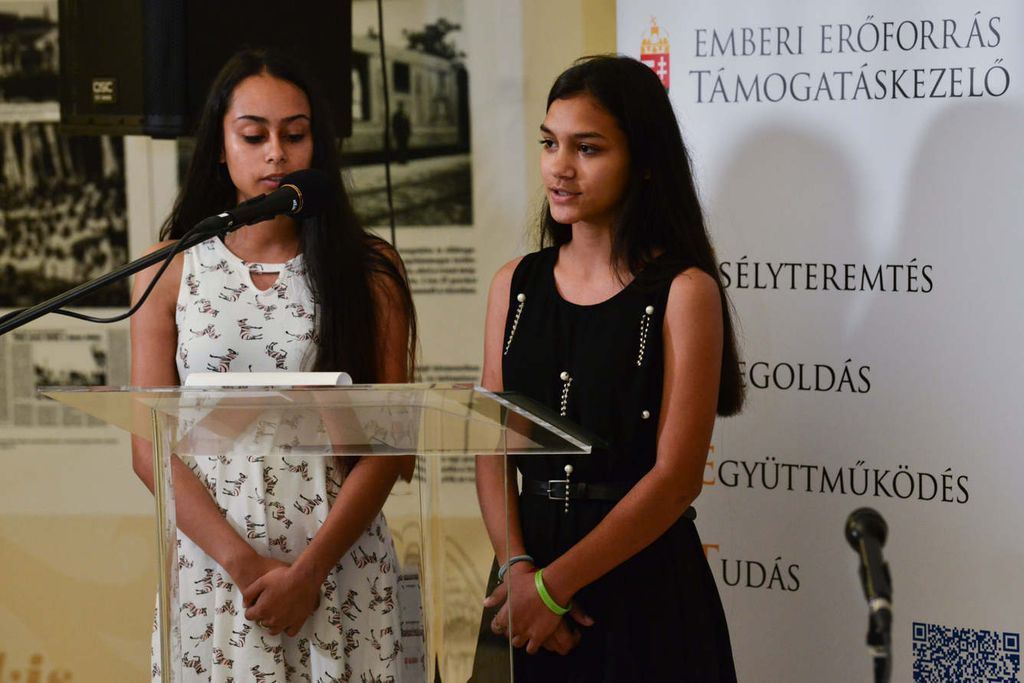
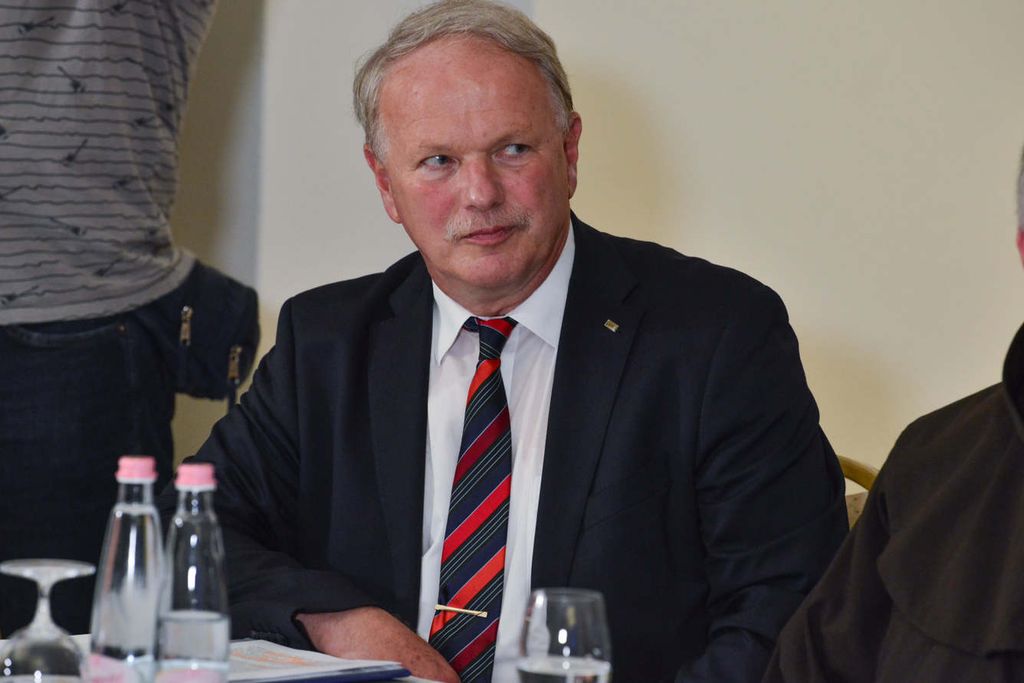
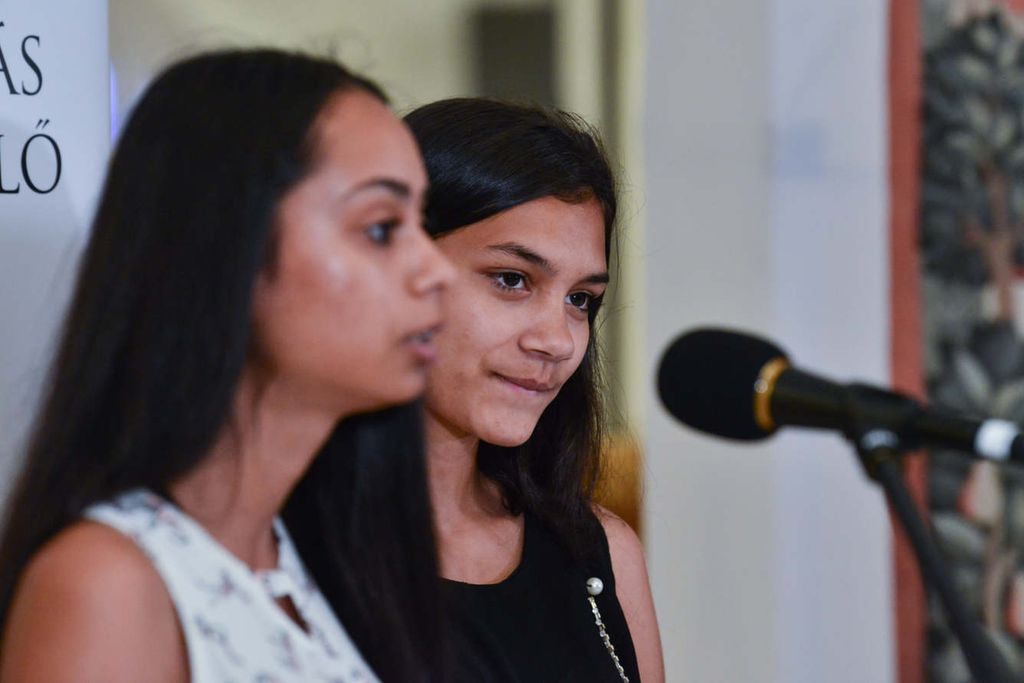
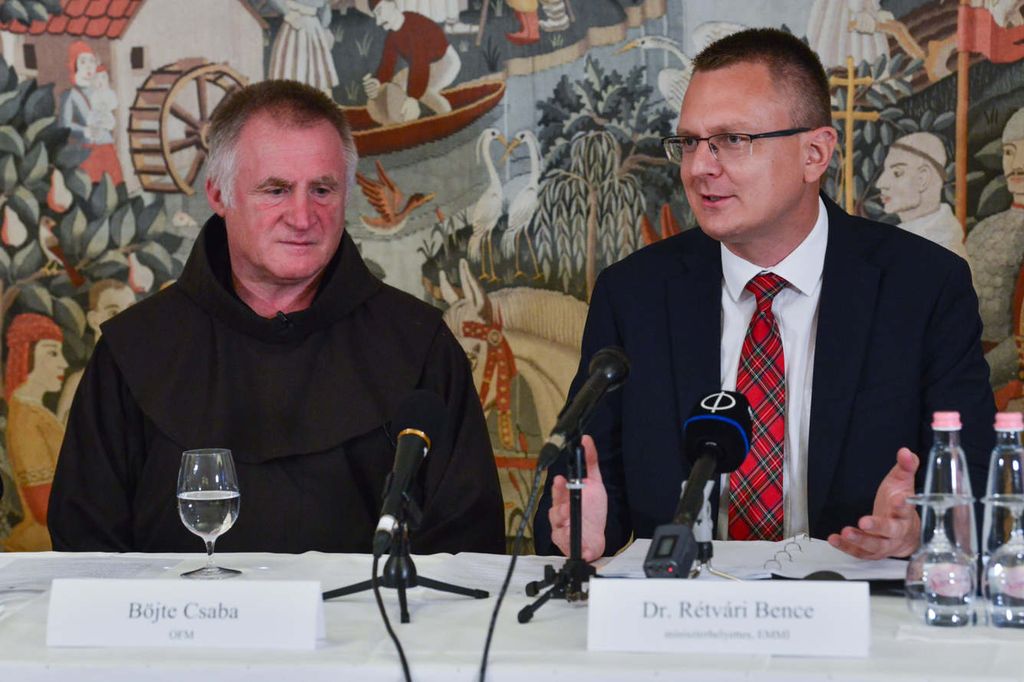

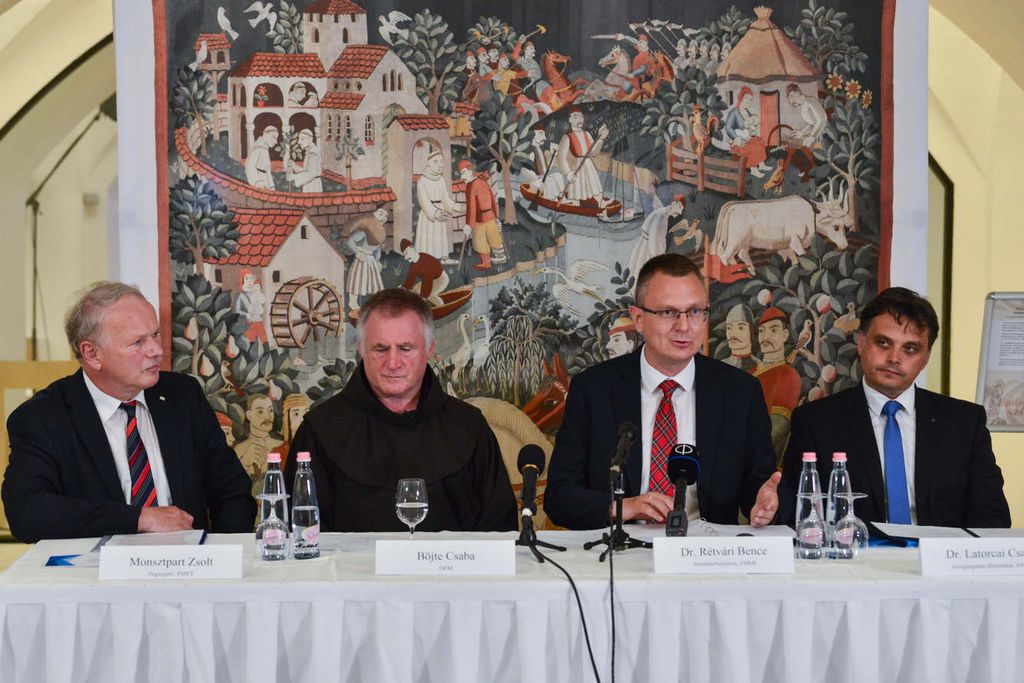





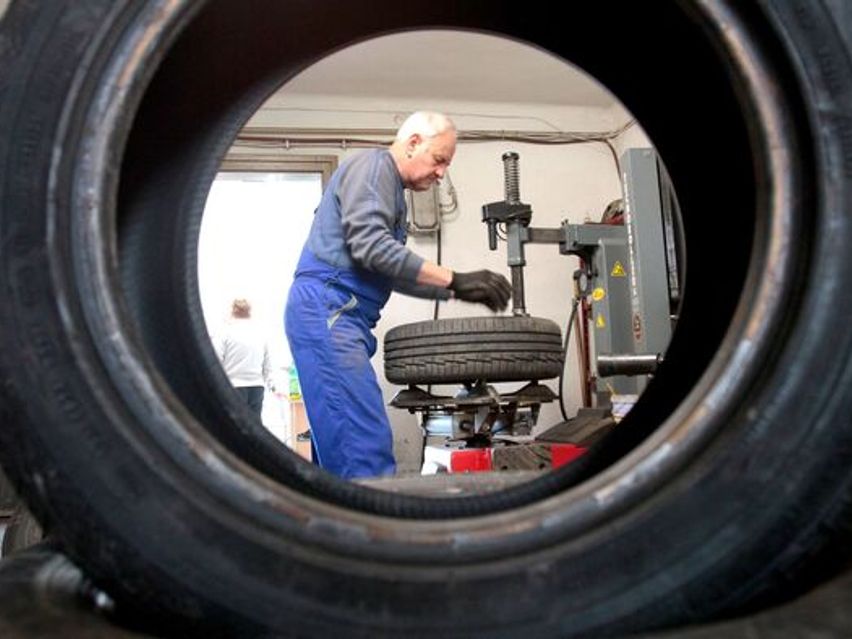

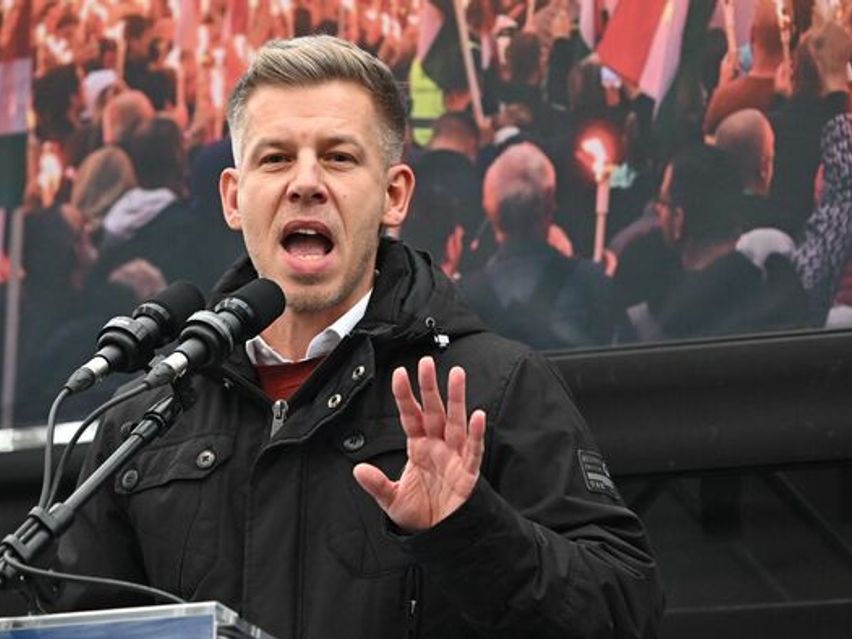




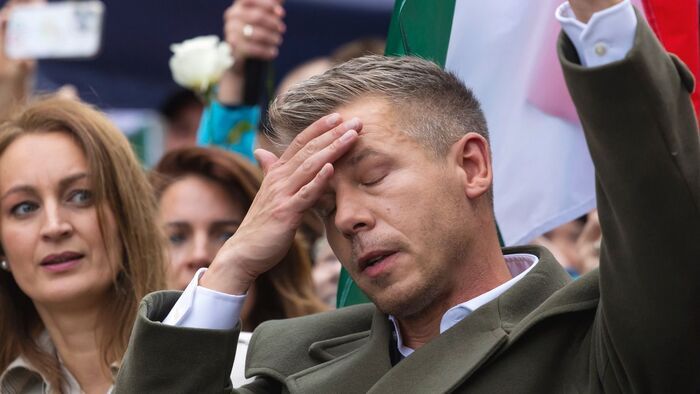

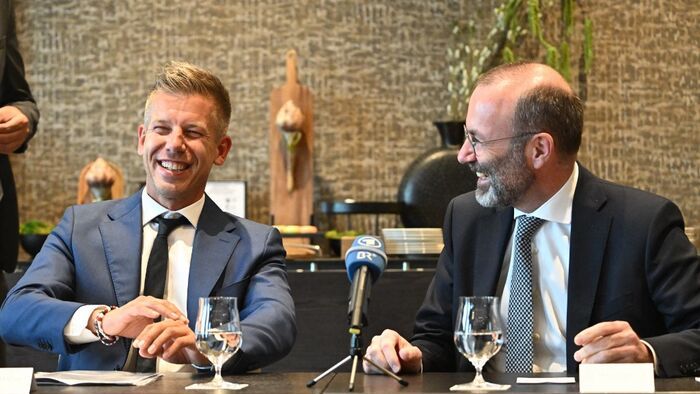







Szóljon hozzá!
Jelenleg csak a hozzászólások egy kis részét látja. Hozzászóláshoz és a további kommentek megtekintéséhez lépjen be, vagy regisztráljon!